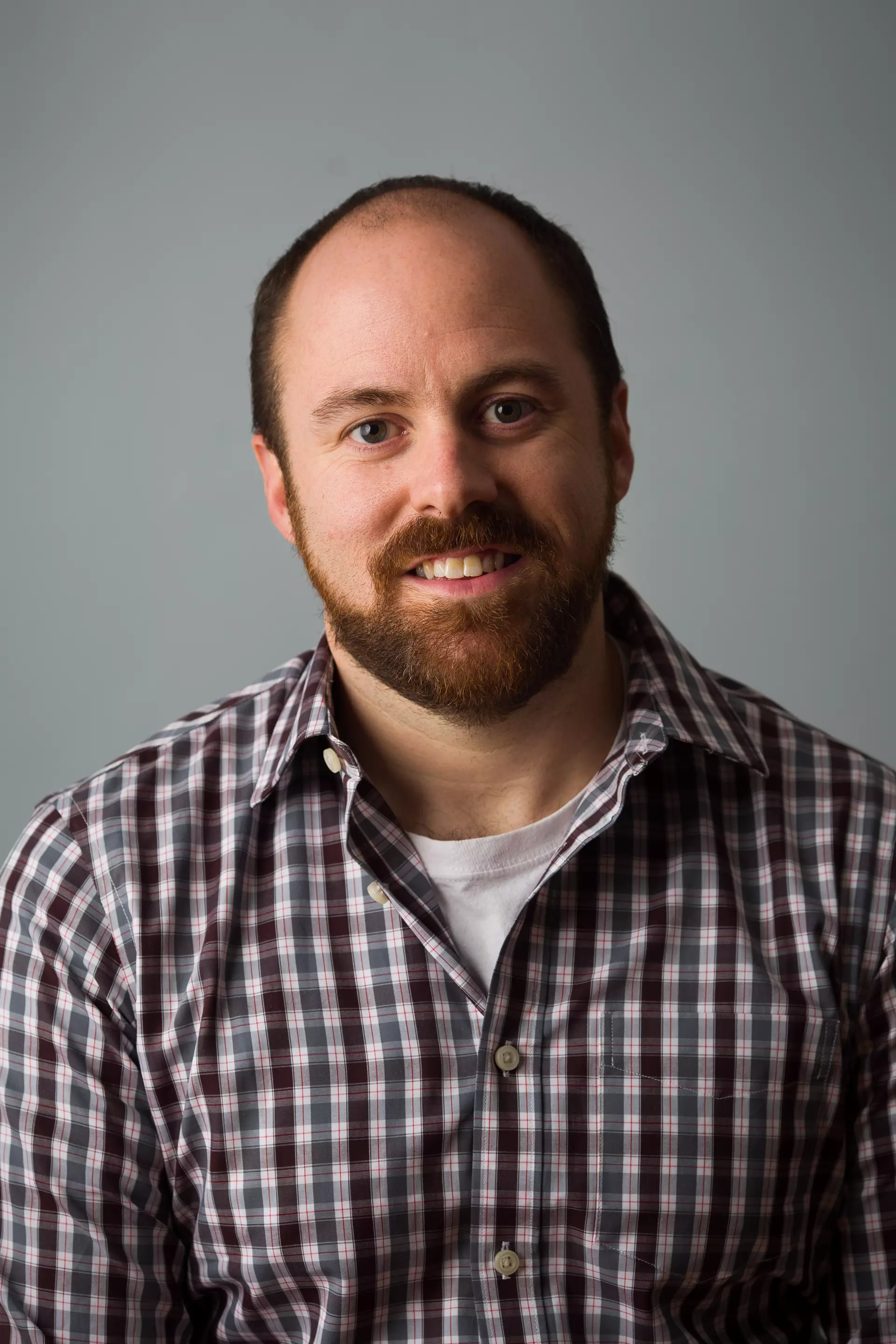 “Hurry up, get your stuff, let’s go, let’s go, let’s go!” While this could easily be a quote from me getting my kids off to school in the morning, it’s actually a quote from my drill sergeant from Army basic training. Then…we…would…wait…in…line…forever…for whatever. It’s a cliche, but true. Sometimes military life is a never ending series of “hurry up and wait” scenarios.
“Hurry up, get your stuff, let’s go, let’s go, let’s go!” While this could easily be a quote from me getting my kids off to school in the morning, it’s actually a quote from my drill sergeant from Army basic training. Then…we…would…wait…in…line…forever…for whatever. It’s a cliche, but true. Sometimes military life is a never ending series of “hurry up and wait” scenarios.
It dawned on me last week, that the same may be said of our lives as Founding CEOs.
“…if you are building something for the long term, you’re working with the same people, working on the same problem, you kind have to learn to be a little more patient…and I’m not really that patient of a person…it’s been an interesting period of personal development for me,” admitted Danielle Morrill, CEO of Cofounder of Mattermark.
Danielle gave a revealing and candid interview on episode 108 of the “From Founder To CEO” podcast. Mattermark is one of those types of startup companies that solve big problems, but that require time and patience to build. She and her team are building what can be loosely referred to as the “wikipedia of business information.” As she points out in the interview, there really is no comprehensive, updatable, accurate, and helpful resource that attempts to catalog the world’s businesses. The opportunity is huge and so is the challenge.
We are so conditioned to read about the fast growth, game-changing, disruptive companies that seemingly emerge, grow, and become profitable in record breaking time. The truth is, most businesses take a huge amount of patience to build and grow, just like Danielle’s.
I know you know this. No one other than the Founding CEO understands this so acutely. Patience is the reality we all encounter. But, many of us aren’t so patient, as Danielle admits.
What does it mean to be a “patient” Founder & CEO?
I’d like to distinguish between the skills of “short-term patience” and “long-term patience.” Short-term patience involves things like listening long enough to your CTO so that you can understand the crux of his weekly tech issue. Short-term patience is staying focused and attentive as you sit through nine hiring interviews in one day. Short-term patience is giving your investor a week to return your phone call before you text her. You didn’t become a successful Founder without developing at least the skill of “short-term patience.”
Long-term patience, now that’s the skill of a CEO. And, it’s one of the mindset shifts that successful Founders create inside of themselves as they become a great CEO and pilot their startup to sustained success.
Behaviorally, what does “long-term patience” look like? Here are a few questions that may be worth considering:
- Can you stay focused on a strategic plan for more than one quarter without being convinced you need to change it?
- Can you distinguish the difference between a “product pivot” and a “core company capability pivot?”
- Can you give your CMO sufficient time to build a marketing funnel that really produces?
- Can you focus on one, year long course of action and finish it until completion before you start the next stage of your growth plan?
- Can you filter out the latest emerging technologies and latest business fads to remain focused each month without getting your team side-tracked?
There are many other questions, to be sure. “Hurry up and wait” isn’t exactly the same in the military as it is for a Founding CEO. You certainly are not waiting for anything. You are measuring, monitoring, analyzing, tracking, tweaking, nudging, and many other “ings.”
The “wait” is more about encouraging, developing, and resourcing your leadership team to take the weekly and monthly actions they need to do…without you doing the work yourself. And, that can be really hard for a Founder who started her company with the skills of taking personal action with her own energies and to-do lists. Just ask Danielle.
Are you developing your “long-term patience?”


